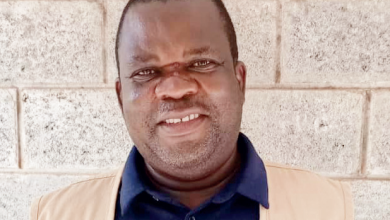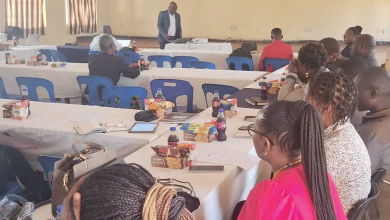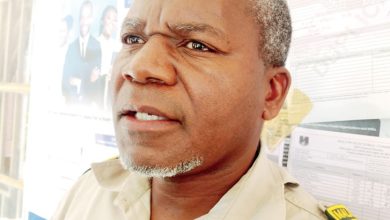Plea bargaining canbring efficiency—CJ
Chief Justice Rizine Mzikamanda says plea bargaining can help in addressing challenges facing the country’s criminal justice system, including pre-trial custody time limits and swift disposal of cases.
Speaking in Lilongwe yesterday when he opened a two-day conference focusing on reforming the country’s criminal justice system, he said plea bargaining—which involves an agreement between defendants and prosecutors where defendants commit to plead guilty to some or all charges in exchange for concessions—improves overall efficiency, reduces costs and saves time.

Said Mzikamanda: “The problem of backlog and prison overcrowding is global, plea bargaining has become a global best practice for the early disposal of cases, not as a means to bargain for justice.”
He said that on October 23 2022, a Rules and Legal Reforms Committee, established by his office, drafted a Criminal Procedure and Evidence Code (Amendment) Bill aimed at introducing a legal framework for plea negotiations and agreements.
Mzikamanda said that once the Attorney General completes the review of the draft, it is expected to be enacted into law, integrating plea bargaining into the country’s criminal justice system.
He cited countries where plea bargaining has been successfully implemented with significant changes. He said Uganda has been using the arrangement for 10 years now, Rwanda for two years and Kenya since 2008.
It ensures timely access to justice for the accused and provides a negotiated final outcome. For victims, it offers early closure and protection, sparing them the trauma of a trial.
Mzikamanda observed that the statutory rules for plea bargaining remain unavailable in the country, rendering the relevant law, Section 252A of the Criminal Procedure and Evidence Code, inoperative.
The conference has been organised by the Office of the Director of Public Prosecutions (DPP) in collaboration with Irish Rule of Law International.
Taking his turn, DPP Masauko Chamkakala said it is encouraging that the Judiciary is now promoting plea bargaining, adding that his office will continue to conduct plea bargaining in accordance with the law.
“There are so many cases that, if there was a chance of plea bargaining, we would have disposed of them a long time ago. But now that there is impetus from the office of the Chief Justice, we now have a light at the end of the tunnel,” he said.
The law states that a person arrested for an offence triable by a magistrate court can be detained for a maximum of 30 days, for a case tried at the High Court it is 60 days and for a capital offence like murder or robbery it is 90 days.
Minister of Justice Titus Mvalo noted that while the law has consistently played its part, it is the people within the system who must implement it effectively.
He said: “While some say that it is better late than never, it is always late when the law is not justly applied within the criminal justice system. This means an innocent person may be detained or arrested, and an accused person may languish in custody beyond the pre-trial custody time limit.”
Stakeholders have proposed several solutions to address the issue of pre-trial custody time limits, including allowing paralegals to prosecute cases and rolling out a digital case management system by the Judiciary and law enforcement agencies.





